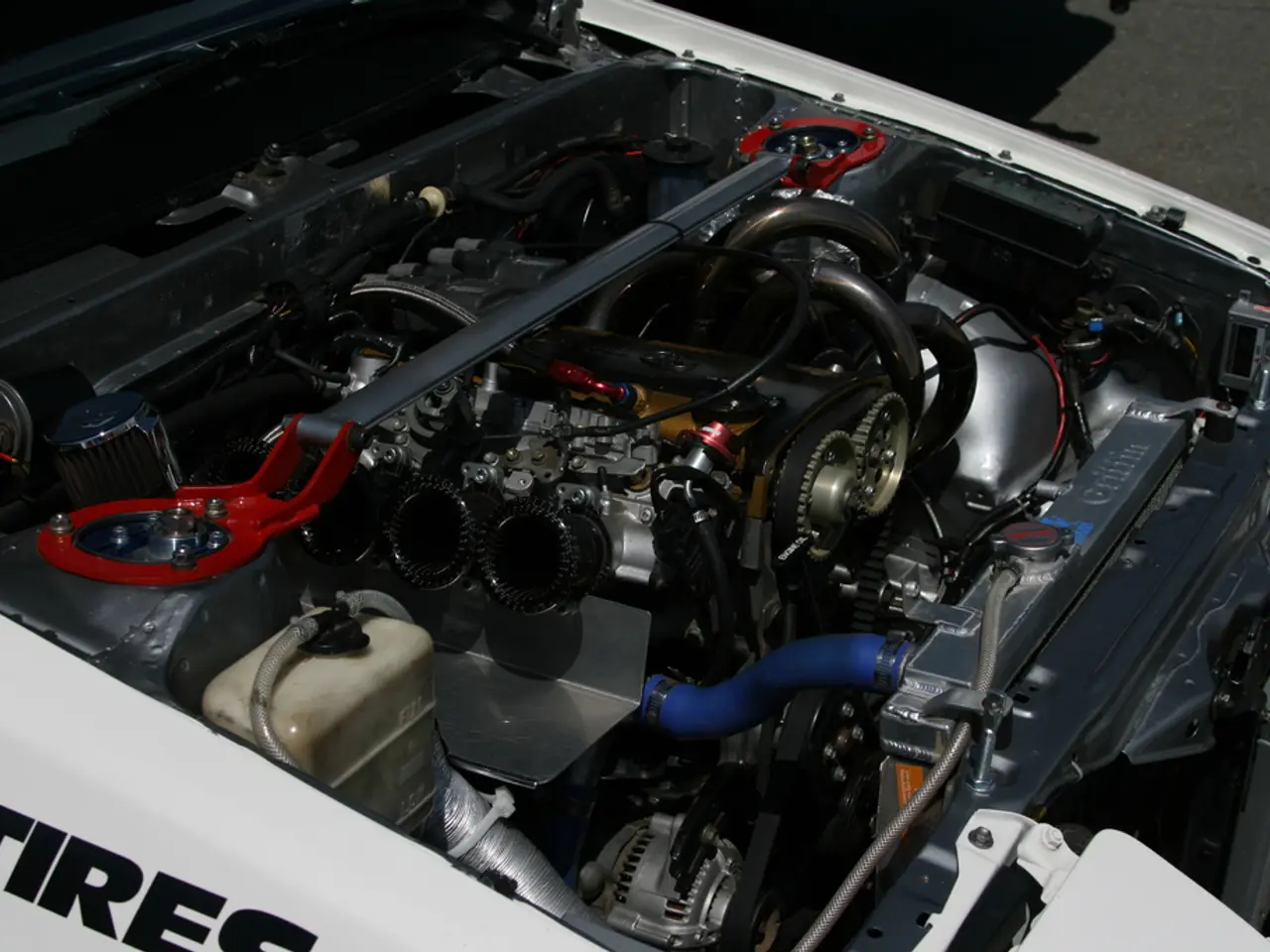Consultations have been held regarding these matters by the Commission:
The ifo Institute's latest survey, released on August 12, 2025, paints a challenging picture for the German industry as it navigates a difficult environment marked by external trade barriers, investment caution, and internal structural limits.
The electrical industry, in particular, continues to face increasing competitive pressure, with no sector reporting an improvement in competitiveness recently. The machinery industry, too, is struggling, with the proportion of companies with declining competitiveness increasing slightly from 31.9% to 32.5%.
One of the most significant challenges for the German industry is the impact of trade uncertainty and tariff disputes, especially with the U.S. Over 60% of industrial firms report negative impacts from newly imposed U.S. tariffs, leading some to postpone or cancel investments both domestically and abroad. Mechanical engineering and metal production are particularly hard hit.
The hesitancy in investment is also a concern, with delays and cancellations reported for projects in Germany and the U.S. This cautiousness stems from uncertainty around global trade relations and economic dynamics.
Another issue highlighted by the survey is the need for structural reforms, especially in digitization and reducing bureaucratic red tape, to improve Germany's industrial competitiveness and innovation capacity. There is recognition that investment pledges need to be supported by reforms to unlock full potential.
The survey also reveals a generally weak industrial climate, with manufacturing sentiment still deeply negative (though slightly improving) and export expectations near neutral but fragile. The business climate index for manufacturing remains in negative territory, pointing to a lack of momentum.
Pressure on self-employed and microenterprises is also evident, indicating that smaller businesses are under considerable economic pressure due to weak order situations, which ties into broader industry challenges.
In the automotive industry, there is some positive news. The proportion of companies viewing their position negatively has decreased significantly, with the proportion now at 16.1%. This is a halving from the previous month's 33.0%.
However, a new structural disadvantage of 15% has been identified for German companies compared to competitors in the U.S. following the preliminary agreement in the trade dispute. This disadvantage adds to the existing challenges that German industry faces in international competition.
Klaus Wohlrabe, head of ifo surveys, reiterates that the challenges for the German industry in international competition remain immense. He emphasizes the need for structural reforms and a more favourable trade environment to improve the competitiveness of German industry.
[1] ifo Institute, Business Climate in Manufacturing, August 2025. [2] ifo Institute, Export Expectations in Industry, August 2025. [4] ifo Institute, Investment Climate in Industry, August 2025.
Read also:
- Weekly updates from the German federal parliament, Bundestag
- Why Opt for Renewable Energy: 5 Key Advantages
- Carpool lane residency: Apologies to electric vehicle drivers, it's about time for genuine carpools to claim the carpool lane privilege
- Trump boosts tariffs on India due to escalating Russian oil imports







